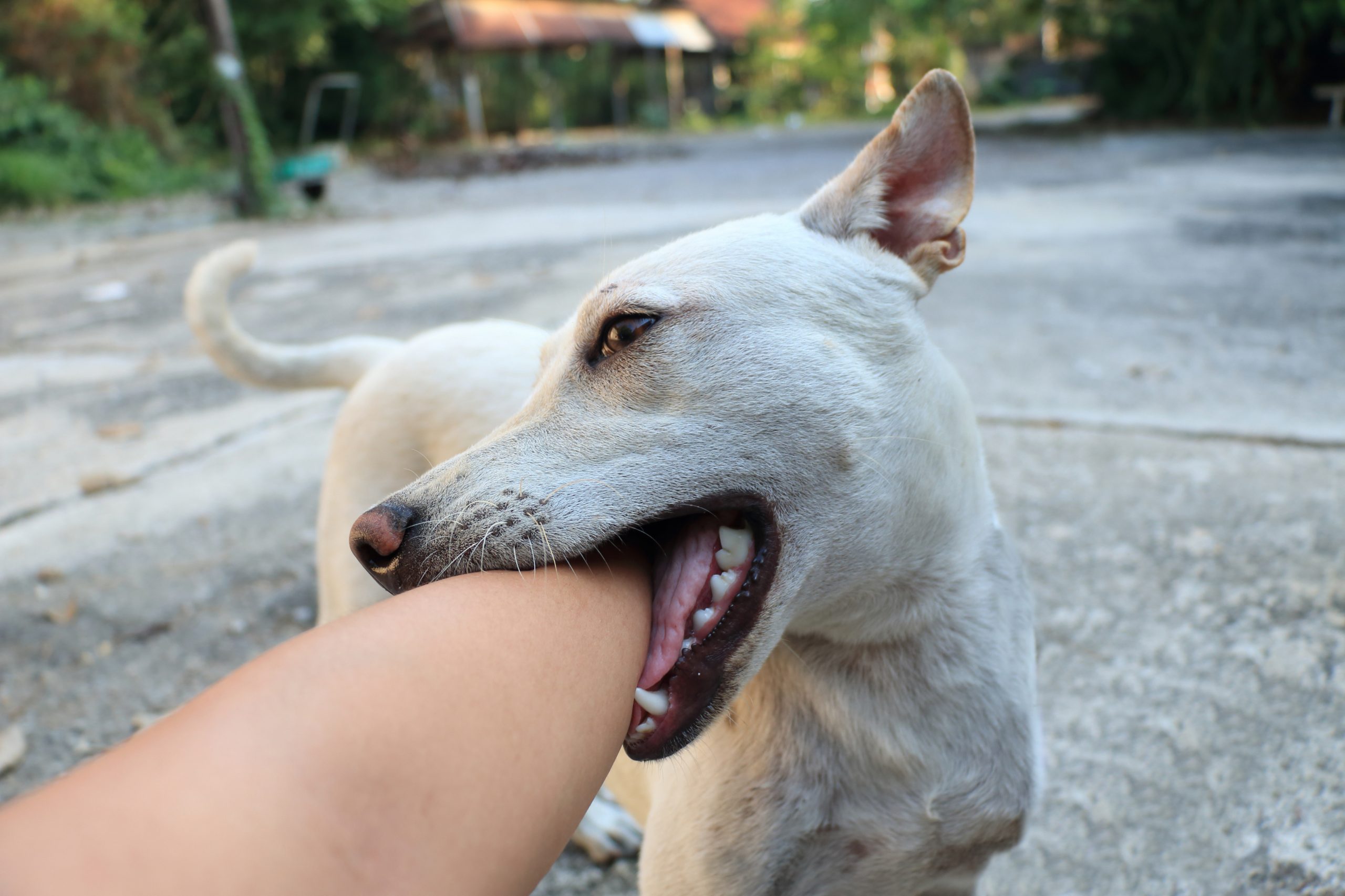Communicable Disease Prevention & Control
For a list of Virginia’s reportable diseases, click here
*Please be aware that the health department may contact you for follow-up after testing positive for any reportable disease*
Resources
Communicable Disease Fax Line
(434) 392-1038
Emergency After-Hours Call Number
(866)-531-3068
Piedmont District Epidemiologist
(434) 392-3984 x 145
Online Resources
Disease Reporting and Control Regulations
Disease Fact Sheets Contains all of VDH’s disease fact sheets. From head lice to whooping cough to West Nile Virus, this is the first stop for quick, reliable disease information. Fact sheets are also available here in Spanish.
Communicable Disease Chart for Schools
Sexually Transmitted Disease (STD)
Our sexual health services are completely confidential, affordable and available to anyone regardless of citizenship or immigration status. These services are also available to teens.
IT ONLY TAKES ONE: We are seeing a rise in syphilis cases statewide. It only takes one sexual encounter to contract the disease. Some people don’t know they have syphilis because they don’t feel the symptoms, or their symptoms mimic other illnesses. Make an appointment to get tested for STDs including syphilis. One stick could put your mind at ease.
Call or visit any of our seven locations to make an appointment or to learn more.
Want a free at-home HIV test?
The Virginia & Maryland Home HIV Testing Program is a free, confidential service provided by the Division of Disease Prevention. Cisgender men and transgender people ages 17 and up who currently live in Virginia or Maryland are eligible to receive a free at-home HIV test. Use this link to request a free rapid HIV test by mail once every 90 days. The test used by this program (Oraquick In-Home HIV Test) uses an oral swab to test for HIV antibodies and provides results in 20 minutes.
Toll-free to have questions answered by trained counselors:
Virginia HIV/STD/Viral Hepatitis Hotline: (800) 533-4148, Monday-Friday, 8:00a.m-5:00p.m.
Rabies

There is no cure to rabies in humans. Once infected, you will die. Do not attempt to catch, touch or hold a wild animal, especially one showing signs of rabies, such as foaming at the mouth, stumbling, making strange noises, or changes in their behavior.
Rabies can be prevented in animals with a routine rabies vaccine. Contact your vet to make sure your animals are up to date on their vaccine.
Need to report an animal bite? Contact us today.
